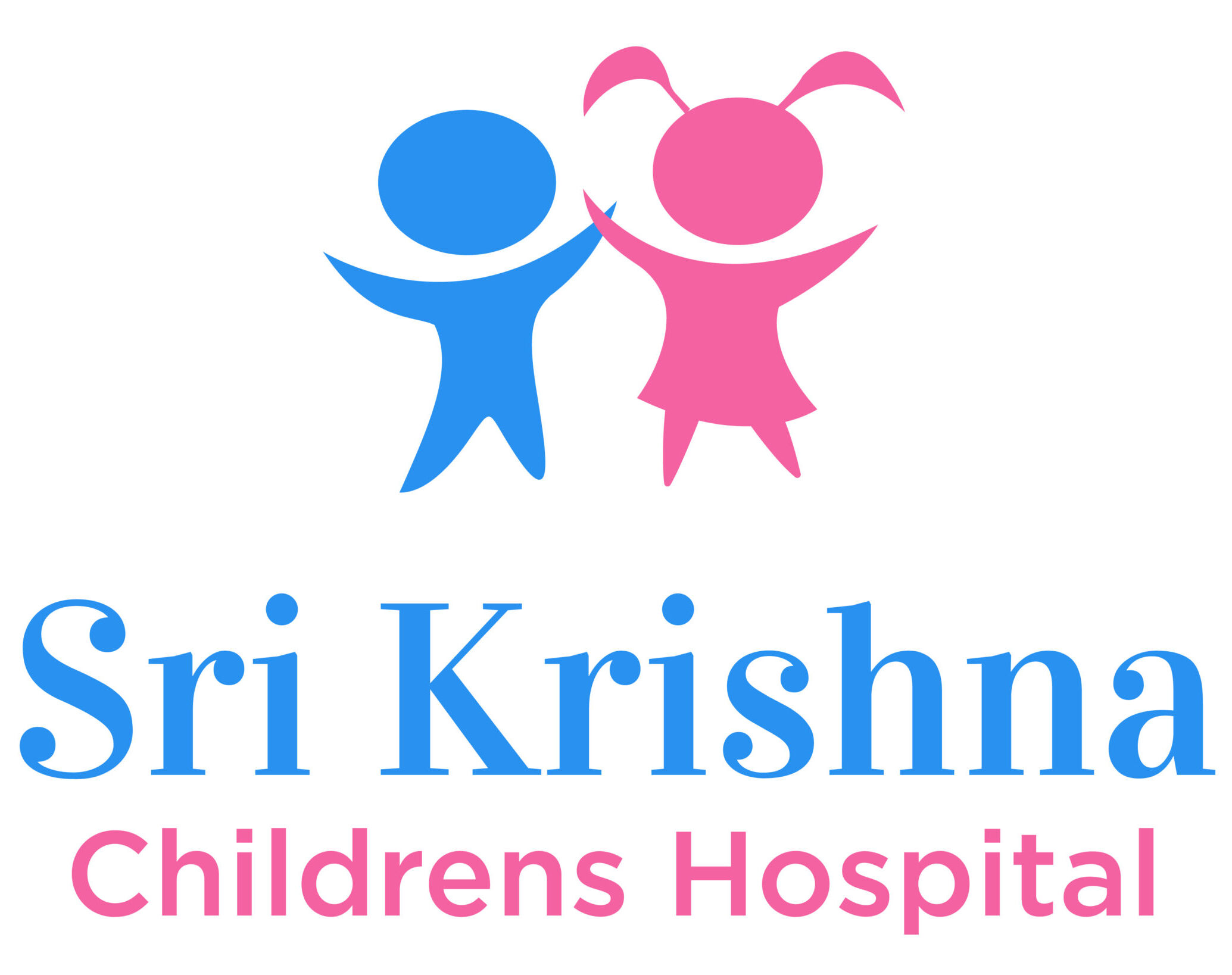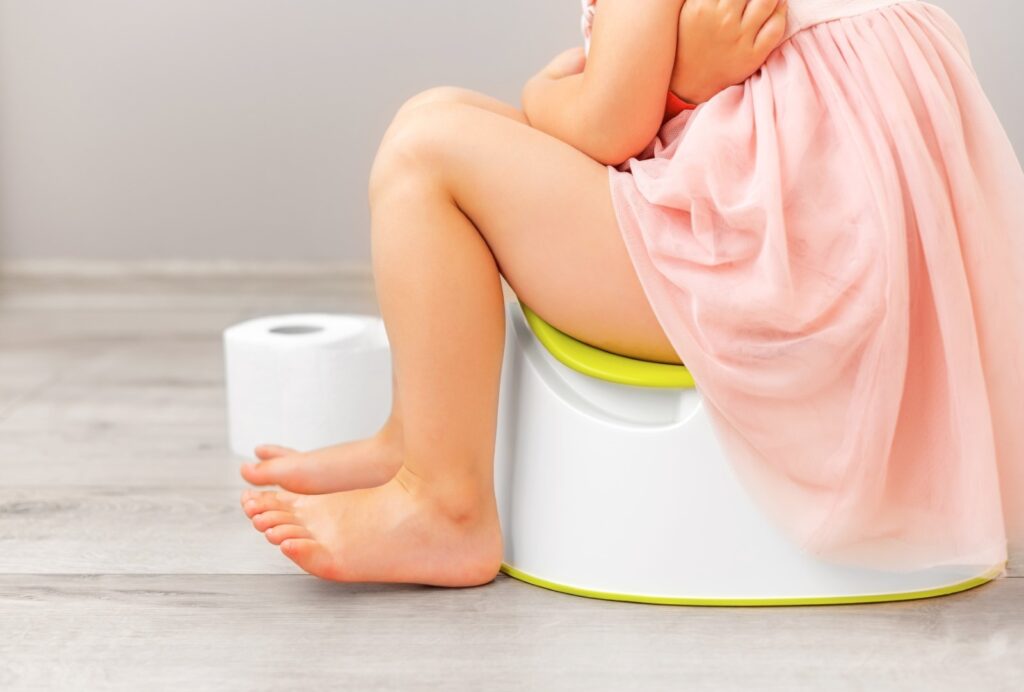Taking care of children when they’re sick is one of the most challenging tasks for any parent.
Introduction: Why Diarrhea Should Be Taken Seriously
Diarrhea in children is a common issue, affecting millions annually worldwide. But what may seem like a minor inconvenience can lead to severe complications if ignored. Dehydration is one of the significant risks associated with symptoms of diarrhea in children.
It can rapidly drain a child’s energy and nutrients.
This guide is structured to help parents recognize symptoms early, implement underlying treatment of diarrhea in children, and adopt preventive measures.
Understanding Diarrhea in Children
Diarrhea is characterized by loose or watery stools, occurring more frequently than usual.
It’s important to differentiate between acute and chronic diarrhea.
Acute diarrhea typically lasts one to two days and can be caused by infections, while chronic diarrhea lasts longer, often due to underlying health issues.
Common Causes of Diarrhea in Children
Diarrhea in children can result from several factors:
- Infections: Viruses like rotavirus and norovirus are common culprits. Bacteria such as E. coli and Salmonella, as well as parasites, can also be responsible.
- Food-related Issues: Allergies to specific foods or intolerances, like lactose intolerance, frequently cause diarrhea.
- Medications: Some antibiotics disrupt natural gut bacteria balance, leading to diarrhea.
- Environmental Factors: In specific regions, like areas in India, lack of clean water and sanitation significantly contribute to diarrhea cases. Poor handwashing practices and contaminated food often lead to outbreaks.
Identify Symptoms and When to Act
Recognizing the symptoms of diarrhea in children is crucial for timely action:
- Frequent watery stools
- Abdominal pain
- Reduced appetite
- Fever and vomiting
Dehydration is a significant risk and can show up as sunken eyes, dry mouth, or decreased urination. Prompt attention is required if these symptoms appear.
If your child appears lethargic or excessively irritable, it’s vital to seek medical advice.
Evaluating symmetry among symptoms helps determine if they are manageable at home or need professional attention.
Effective Treatment and Management Strategies
The primary focus during treatment of diarrhea in children is maintaining hydration. Oral Rehydration Solutions (ORS) are critical:
- ORS: A mixture of salts and sugar helps replenish lost fluids and electrolytes. It is essential to keep your child hydrated, even in small sips.
- Dietary Adjustments: During diarrhea, certain foods can ease digestion. Bananas, rice, applesauce, and toast (the BRAT diet) are gentle on the stomach.
- Medication: Over-the-counter medications are not recommended unless prescribed by a doctor.
Consulting a healthcare professional ensures proper diagnosis and treatment, especially if diarrhea persists or is accompanied by concerning symptoms.
Parent Checklist: Essentials for Diarrheal Episodes
When dealing with diarrhea, preparation is key:
- Keep ORS packets readily available.
- Always have an extra supply of diapers on hand.
- Ensure you have access to clean, potable water.
- A “diarrhea kit” including fluids and hand sanitizers is handy for quick response.
Being equipped helps manage symptoms effectively, minimizing stress and discomfort for both parent and child.
Dietary Adjustments for Faster Recovery
Adapting food choices can support recovery:
- Foods to Consider: Include bland foods like bananas, rice, and plain crackers.
- Foods to Avoid: Stay away from dairy, fatty foods, and sugary treats. These can worsen symptoms.
Ensuring your child’s diet is easy on the digestive system can hasten recovery and reduce discomfort.
Prevention: Keeping Diarrhea at Bay
Preventive measures play a significant role in managing diarrhea in children:
- Hand Hygiene: Encourage frequent handwashing with soap, especially after using the bathroom and before eating.
- Food Safety: Always wash fruits and vegetables thoroughly. Cook food at safe temperatures.
- Vaccinations: The rotavirus vaccine significantly reduces the incidence of diarrhea linked to this virus.
Proactive steps help shield your child from the frequent causes of diarrhea.
When to Seek Medical Care
Knowing when to consult a doctor is vital:
- If diarrhea persists beyond two days.
- If there’s a high fever or if the child shows signs of dehydration.
- For infants, any significant change in their eating or sleeping patterns warrants attention.
Age-specific signs, like reduced wet diapers in infants or dry skin in teens, should prompt medical assessment.
Conclusion: Ensuring Your Child’s Health
Ultimately, keeping informed and proactive about diarrhea in children ensures swift intervention and smoother recovery. Adopting preventive measures and staying informed empowers you as a parent to maintain your child’s health with confidence.
Further Resources and Support Systems
To continue learning, explore:
- Trusted health websites for reliable information.
- Local health clinics and child-care support services in India.
- Parent groups or forums for shared experiences and advice.
Strengthening your support network helps in managing diarrhea in children effectively, ensuring your child’s well-being.

